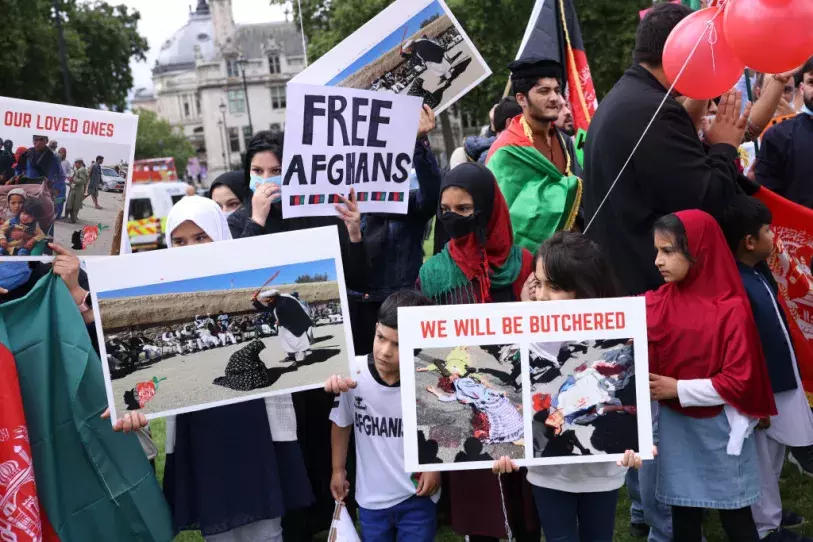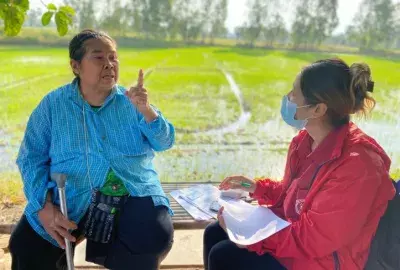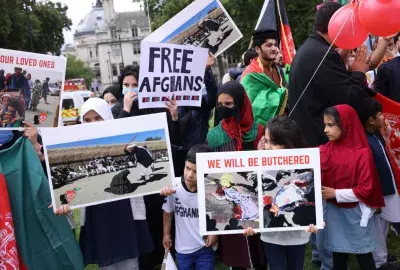Error message

Following the collapse of the Islamic Republic regime, the Taliban seized power in Afghanistan in August 2021. The Taliban’s abolition of the 2004 constitution and other internal regulations has set the stage for Tali-ban fighters to engage in violent and arbitrary practices. The dismal human rights situation in Afghanistan has prompted international organizations to express serious concerns and to demand an examination of the Taliban regime’s conduct toward the Afghan people. This article provides a comprehensive analysis of the repercussions of the Taliban’s policies on citizen rights, which are divided into two distinct categories: civil-political rights and economic, social, and cultural rights. This research uses qualitative methods through an applied documentary approach, assessing 102 international research articles, reports, and analyses on civil rights in Afghanistan over a two-year period, informed by the author’s experience in policy formulation in Afghanistan. Engagements with primary sources in Afghanistan also corroborated research findings. The research demonstrates the extent to which the repeal of Afghanistan’s constitution and laws has triggered unlawful policies and egregious behaviors that have had detrimental consequences on human rights.
The views expressed are those of the author and do not necessarily reflect East-West Center policies or positions.
Photo: Protesters gather on Parliament Square to protest against the Taliban take over of Afghanistan on August 18, 2021 in London, United Kingdom. House of Commons Speaker, Sir Lindsay Hoyle, recalled parliament from its summer recess to debate the situation in Afghanistan after a request from the government. (Photo by Dan Kitwood/Getty Images)
Following the collapse of the Islamic Republic regime, the Taliban seized power in Afghanistan in August 2021. The Taliban’s abolition of the 2004 constitution and other internal regulations has set the stage for Tali-ban fighters to engage in violent and arbitrary practices. The dismal human rights situation in Afghanistan has prompted international organizations to express serious concerns and to demand an examination of the Taliban regime’s conduct toward the Afghan people. This article provides a comprehensive analysis of the repercussions of the Taliban’s policies on citizen rights, which are divided into two distinct categories: civil-political rights and economic, social, and cultural rights. This research uses qualitative methods through an applied documentary approach, assessing 102 international research articles, reports, and analyses on civil rights in Afghanistan over a two-year period, informed by the author’s experience in policy formulation in Afghanistan. Engagements with primary sources in Afghanistan also corroborated research findings. The research demonstrates the extent to which the repeal of Afghanistan’s constitution and laws has triggered unlawful policies and egregious behaviors that have had detrimental consequences on human rights.
The views expressed are those of the author and do not necessarily reflect East-West Center policies or positions.
Photo: Protesters gather on Parliament Square to protest against the Taliban take over of Afghanistan on August 18, 2021 in London, United Kingdom. House of Commons Speaker, Sir Lindsay Hoyle, recalled parliament from its summer recess to debate the situation in Afghanistan after a request from the government. (Photo by Dan Kitwood/Getty Images)







